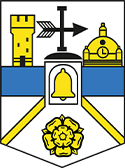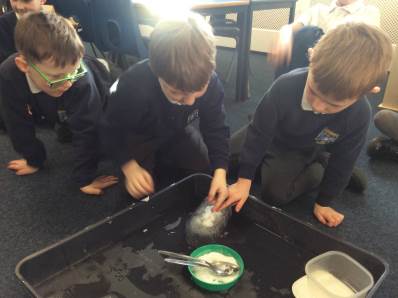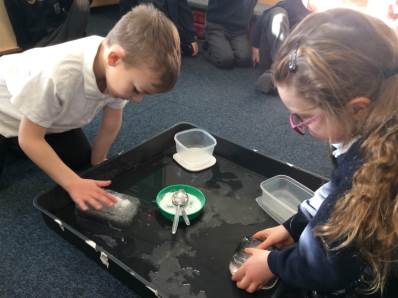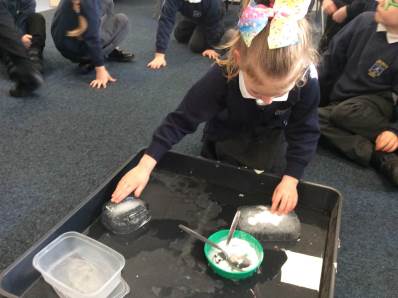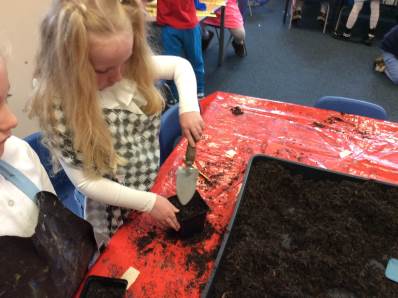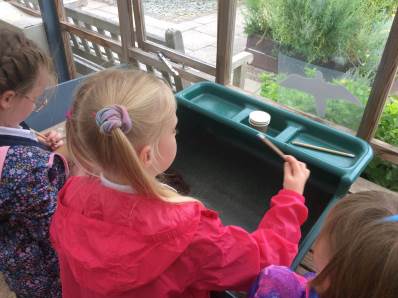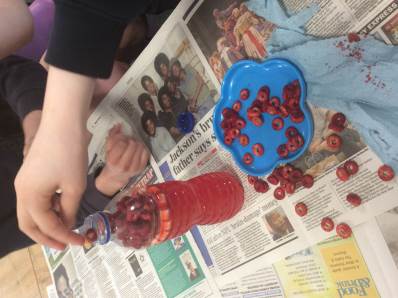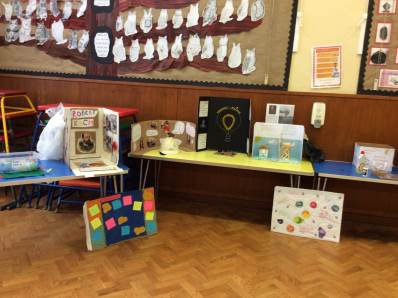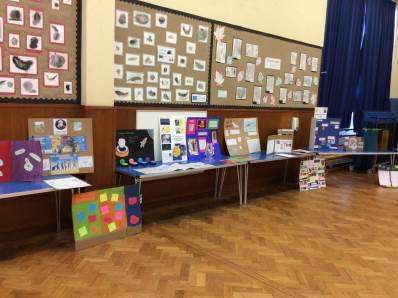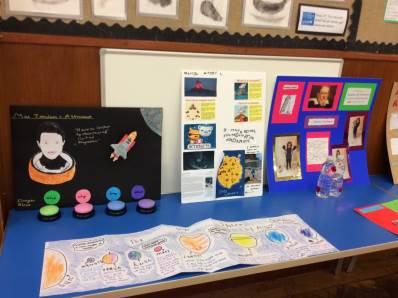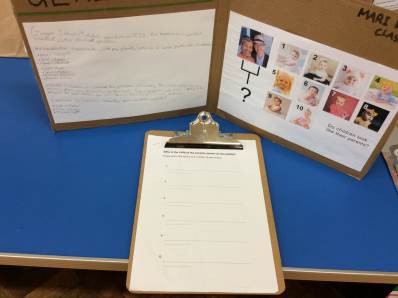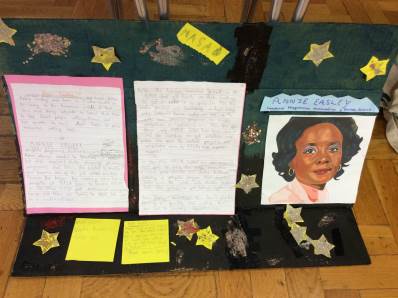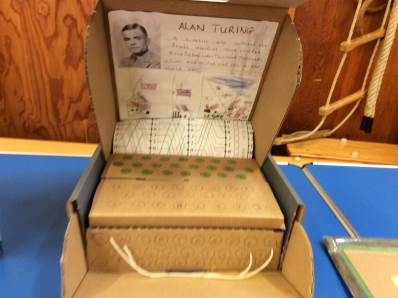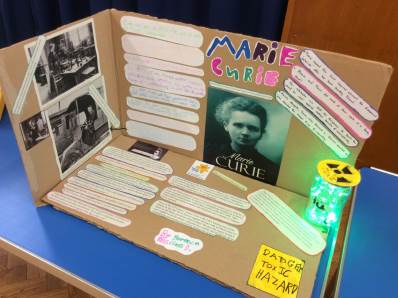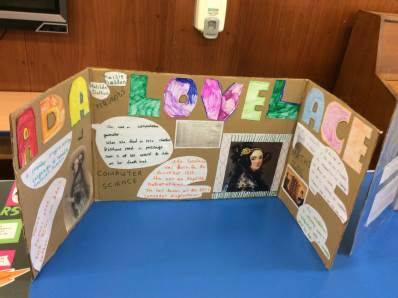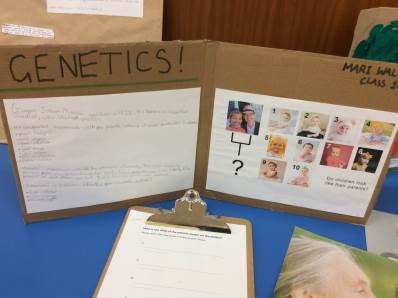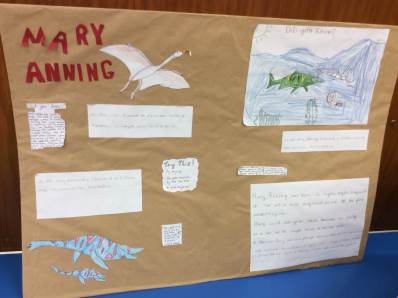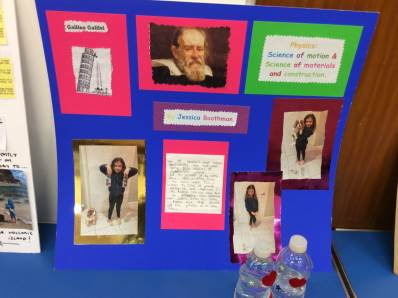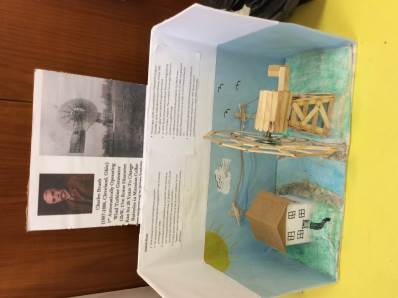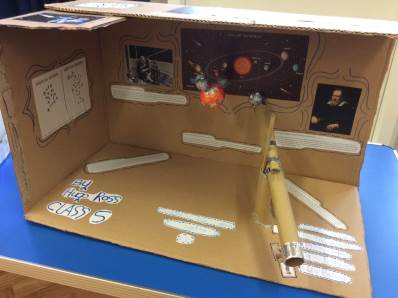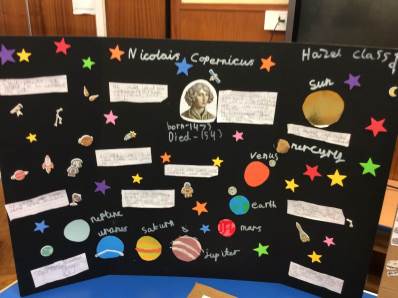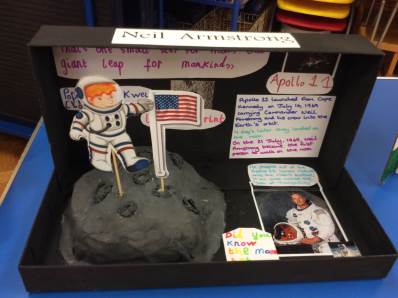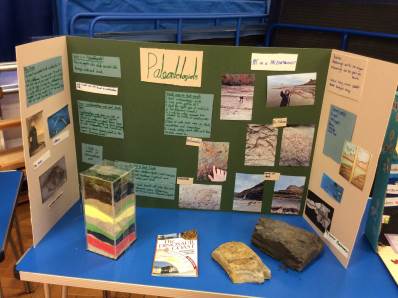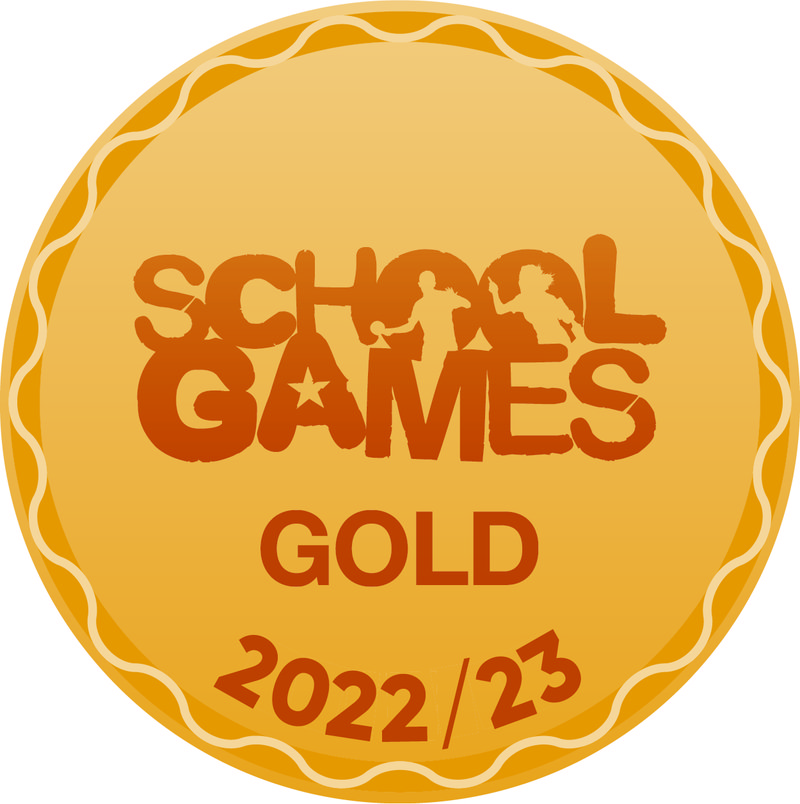Science
Science is led by Mrs Kairen Dyson
Article 29: education should teach children to respect their natural environment. Education must teach children to live responsibly and encourage the child’s respect for the environment.

Essential Characteristic of Scientists. Our goal is for our children to become scientists. Scientists must have:
- The ability to think independently and raise questions about working scientifically and the knowledge and skills that it brings.
- Confidence and competence in the full range of practical skills, taking the initiative in, for example, planning and carrying out scientific investigations.
- Excellent scientific knowledge and understanding which is demonstrated in written and verbal explanations, solving challenging problems and reporting scientific findings.
- High levels of originality, imagination or innovation in the application of skills.
- The ability to undertake practical work in a variety of contexts, including fieldwork.
- A passion for science and its application in past, present and future technologies.
Early Years - Nursery & Reception Curriculum
Early Years Foundation Stage - what does Science look like in the Early Years?
In the Early Years Foundation Stage, science forms part of the learning children acquire under the 'Understanding the World' branch of the Foundation Stage curriculum.
Science at Foundation Stage is introduced indirectly through activities that encourage children to explore, problem solve, observe, predict, think, make decisions and talk about the world around them.
Early Years science also helps children with skills in other Foundation Stage areas of the national curriculum, such as physical development and creative development.
Children explore creatures, people, plants and objects in their natural environments. They observe and manipulate objects and materials to identify differences and similarities. For example, they may look at an egg whisk, sand, paper and water to learn about things that are natural and manufactured and their different functions. Children also learn to use their senses, feeling dough or listening to sounds in the environment, such as sirens or farm animals.
Children are encouraged to ask questions about why things happen and how things work. They do activities such as increasing the incline of a slope to observe how fast a vehicle travels, or opening a mechanical toy to see how it works. Children will also be asked questions about what they think will happen to help them communicate, plan, investigate, record and evaluate findings.
Key Stage 1 and Key Stage 2 Curriculum
Fundamental Foundations
We believe that for children to secure within science they first need a solid fundamental foundation. Fundamental foundations should not be rushed and so the notion of ‘rapid progress’ must be dismissed. Instead the goal of repetition should be seen as both useful and necessary. This is why you will see us returning regularly to science knowledge and concepts.
Page 144 of the Primary National Curriculum 2014 states:
‘While it is important that pupils make progress, it is also vitally important that they develop secure understanding of each key block of knowledge and concepts in order to progress to the next stage. Insecure, superficial understanding will not allow genuine progress: pupils may struggle at key points of transition (such as between primary and secondary school), build up serious misconceptions, and/or have significant difficulties in understanding higher-order content.’
Curriculum Breadth, Depth & Progression Principles
We have carefully planned our curriculum to ensure progression as well as breadth and depth. We use the science scheme 'Developing Experts' to enhance our teaching and planning of science.
Curriculum Content?
Across all year groups, pupils will gain the knowledge and skills with each area of science through a predominantly ‘working scientifically’ approach.
Key Stage 1 – Milestone 1: These areas of Science are taught in Key Stage 1 in order that there is full coverage of the National Curriculum.
| Biology | Chemistry | Physics |
|
Plants Identify, classify and describe their basic structure. Observe and describe growth and conditions for growth.
Habitats Look at the suitability of environments and at food chains.
Animals and Humans Identify, classify and observe. Look at growth, basic needs, exercise, food and hygiene. |
Materials Identify, name, describe, classify and compare properties and changes. Look at the practical uses of everyday materials. |
Earth and Space Observe seasonal change |
Key Stage 2 – Milestones 2 & 3: These areas of Science are taught in Key Stage 2 in order that there is full coverage of the National Curriculum.
| Biology | Chemistry | Physics |
|
Plants Habitats Animals and humans Living things Evolution and inheritance |
Materials States of matter Rocks and soils |
Forces Light Sound Electricity Magnets Earth and space |
Building a Science Schema
Our pupils will form a a science schema* by:
-
Strengthening the schema with knowledge. The knowledge comes from our topics. Within each topic are knowledge categories, the facets of the threshold concept that helps to strengthen the schema. The science knowledge categories are biology, physics and chemistry. Working scientifically’ specifies the understanding of the nature, processes and methods of science for each year group. It should not be taught as a separate strand. ‘Working scientifically’ is embedded within the content of biology, chemistry and physics, focusing on the key features of scientific enquiry, so that pupils learn to use a variety of approaches to answer relevant scientific questions. These types of scientific enquiry include: observing over time; pattern seeking; identifying, classifying and grouping; comparative and fair testing (controlled investigations); and researching using secondary sources. Pupils seek answers to questions through collecting, analysing and presenting data.
-
Further deepening connections through tasks. This is what is developed though our cross curricular planning.
*Schema – A subject schema is a way of organising knowledge in a meaningful way; it is an appreciation of how facts are connected and they ways in which they are connected. A schema is distinct from information, which is just isolated facts that have no organisational basis or links.
Working Scientifically Broken into Milestones - Progression Through Key Stages - This can also be found at the end of our long term document
Working Scientifically Progression through the 3 Milestones
|
Working Scientifically |
Milestone 1 KS1 |
Milestone 2 LOWER KS2 |
Milestone 3 UPPER KS2 |
|||||||||||||||||||||
|
This concept involves: |
|
|
|
How we Implement our Curriculum
Science is taught weekly for 60 minutes. We do not block our subjects as we want children to return regularly to the subject knowledge and concepts in order that they are regularly retrieving the taught knowledge and concepts, embedding these in their long term memory. This enables them to make progress - know more and remember more.
Science at Glusburn
Subject Specific Vocabulary
We teach children a rich and broad vocabulary in order that they develop a deep understanding of the subjects they study. We carefully select this subject vocabulary, teaching it in context.
Our Special Educational Needs Adapted Science Curriculum
The adapted Science curriculum may be used for a small number of children who are working well below the age-related expectations, where adaption within the overall curriculum isn’t manageable. Possible reasons are: the work is too complex or the progression through the lessons stops the child from being able to remember what they have been taught effectively.
It is implemented by…
- More repetition of learning focuses to help embed the knowledge (to help the children to remember the knowledge). Repetition to take the form of retrieval tasks and learning the same information in different ways over several lessons. The plenary for each lesson is to return to vocabulary and key ideas, which helps contextualise information into a meaningful schema for the children.
- Reading differentiated to support lower-level readers.
- Carefully monitored and updated curriculum access documents.
Beyond the National Curriculum - Cultural Capital Experiences
Cultural capital is the essential knowledge that children need to prepare them for their future success. We want to ensure that children at Glusburn have a wide and varied range of experiences as they progress through our school. We want them to know about their world; to build a schema of knowledge and to do this through first hand experiences. We intend to provide our children with opportunities to develop not just their knowledge but their interests and talents. Our aim is to prepare them for a successful future.
Our children have opportunities to work with local businesses, stem ambassadors and take field trips to the local area. During British science week we hold a school science fair with links to the local secondary school.
Glusburn Science Fair 2024
science long term plan june 25 up to date.pdf

